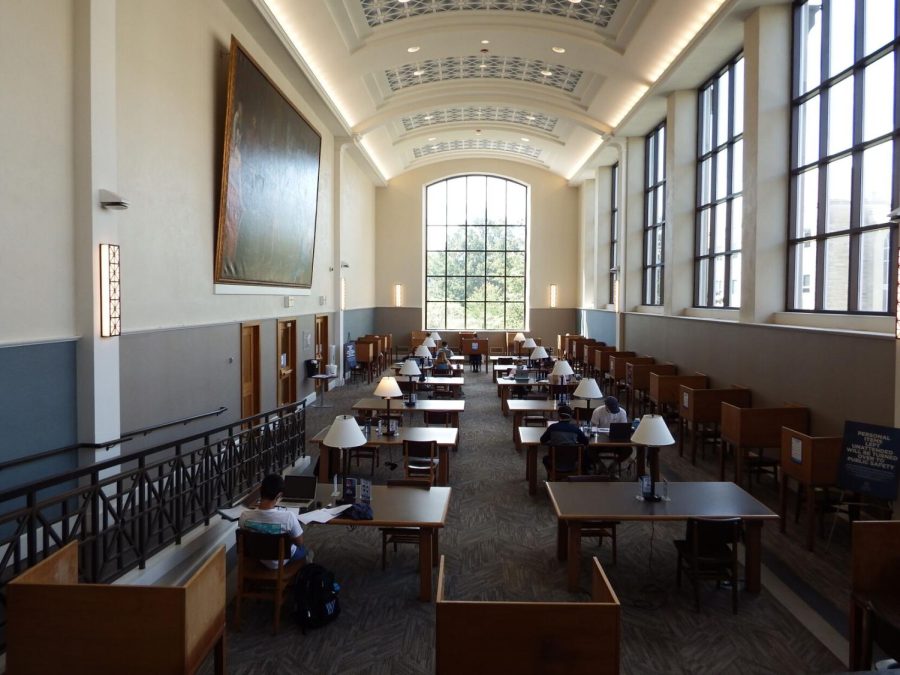Student Burnout and The Necessity of Days Off
October 14, 2020
As we move beyond the midpoint of the semester and start thinking about the spring, it has become very clear that a semester with only one day off is stressful, both physically and mentally. On top of the already stressful world we are living in with the coronavirus pandemic, we are also approaching a presidential election.
For the fall semester, the University planned to only give one day off for all students, which happened to be Labor Day, so that we could successfully and safely complete an in-person semester, which many other students across the nation were not afforded. In theory, this idea is great and has mostly worked, as proven by our relatively low number of cases in the university’s population. The downside, however, is that we do not have the ability to take a break and remove ourselves from the stressful environment.
Recently, a University student started a petition aimed toward administrators and faculty members for mental health days. The idea is generally simple, and some other schools have implemented this idea, in which professors are canceling classes or even just assignments to provide students, and even faculty members themselves, with some much needed time to decompress and destress. The petition for Villanova to implement the same idea took off almost immediately and is at nearly one thousand signatures.
The petition is specifically related to mental health days taking place at least monthly for all students, in order to give us a much needed break from everything going on. Reasons cited include the COVID-19 pandemic, Zoom fatigue, the lower level of engagement in socially distanced and masked up classrooms, the cancelation of-fall break and coming off of a stressful set of weeks from the midterm. Each of these reasons is fully valid and most seem to be presently unaddressed.
With students paying the same for tuition this year as any other, our education should not be affected. The University’s mentality seems to be that our payments should be supporting activities and entertainment to keep us on campus and to prevent further spread of the coronavirus, but ultimately our education seems to be lacking because the focus is being placed elsewhere.
The moral of this story is that our education is lacking because of the weird environment we are in. This environment is causing stress and, combined with an abbreviated semester this forms an even worse situation. We likely all know someone going through a completely online semester and quite frankly, they are likely a lot less stressed than we all are here on campus. We are ultimately lucky to be here and that the spring semester is being planned in a similar fashion, but our opinions need to be heard, and responses need to be made in accordance to our arguments.
In terms of the spring semester, for those of you unaware, the calendar looks very similar to that of this fall. Our Easter “break” is from the end of our classes on Thursday until the start of our classes on Monday, meaning we are essentially just receiving Good Friday off from classes. Currently, there don’t appear to be any other days off throughout the semester, and our last day of classes, a Monday, will follow the schedule of a Friday in order to replicate the day we will miss on Good Friday. This possible calendar was announced by University President Rev. Peter M. Donohue, Ph.D., O.S.A in his video message on the Friday of midterms week, which was very untimely, as students had just endured a very stressful week to simply be told to prepare for the same this spring.
Ultimately, the solution is simple. Both students and faculty members need time off. We don’t function the same or anywhere near as well when faced with nearly fourteen straight weeks of classes every weekday. Mental health days and holidays off are a perfect solution to allow students and faculty to recouperate so that we can return soon after with a positive attitude and a reinvested desire to learn.










